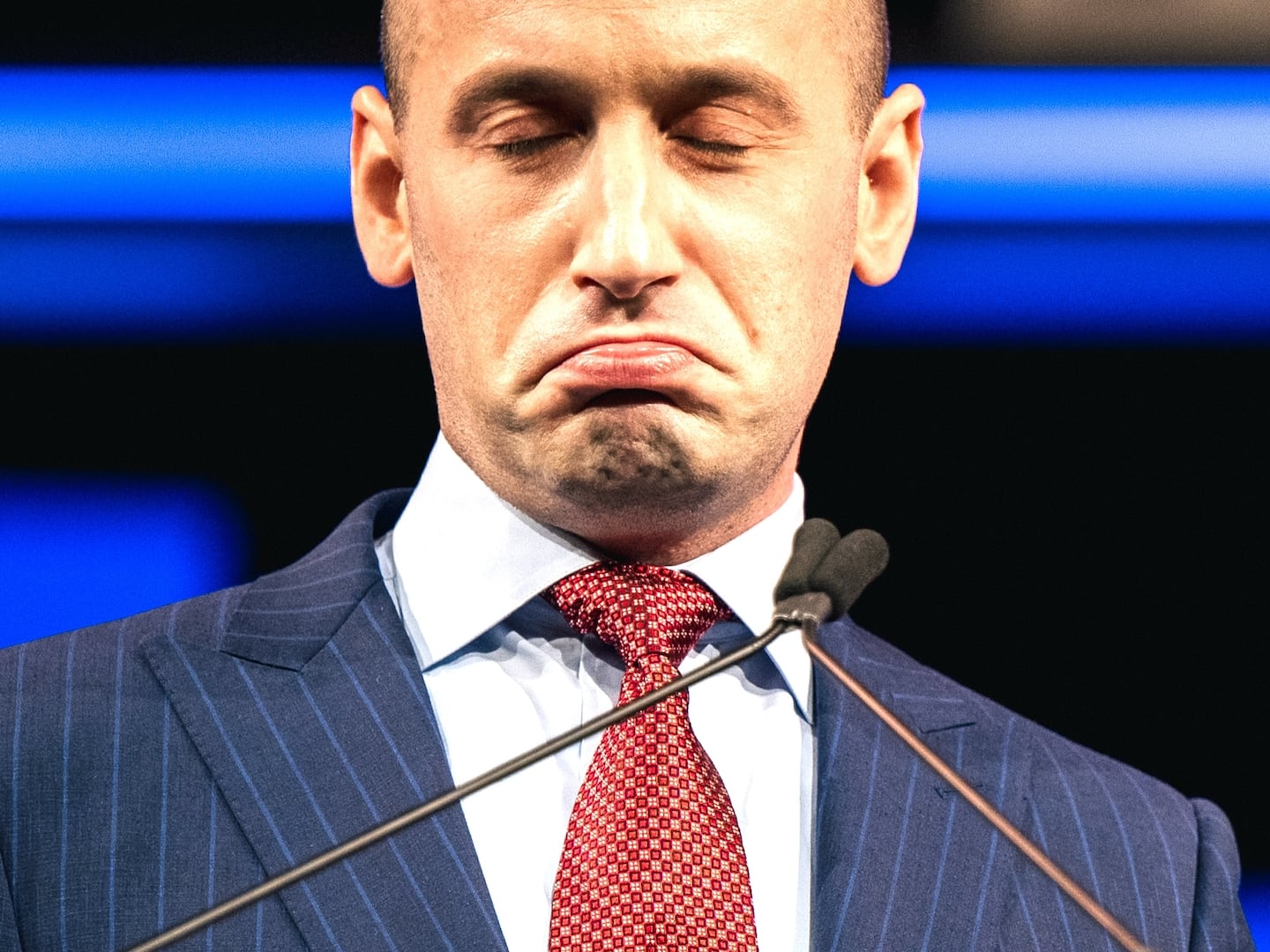Even as the Libyan revolution has finally reached Tripoli, the rebels' interim government is beset by unanswered questions about the July 28 murder of the anti-Gaddafi forces’ chief of staff, Gen. Abdel Fattah Younes. So far, no one has been arrested for killing the Gaddafi regime’s former interior minister, whose high-profile defection in February helped transform a protest movement into a full-fledged revolution. And while people in the country’s liberated areas wonder whether the killers will ever be brought to justice, emerging details in the case are raising serious questions about the conduct of the rebels’ National Transitional Council—especially about the actions of the NTC’s chairman, Mustafa Mohammed Abdul Jalil, and its then–deputy foreign minister, Ali Essawi.
According to a rebel source with knowledge of events leading up to Younes’s assassination, rumors had long circulated that the general was a pro-Gaddafi double agent. Disgruntled NTC army officers and militiamen accused him of choking off supplies of weapons and obstructing their advance against the coastal city of Brega, which remains in pro-Gaddafi hands despite more than five months of fighting. Younes’s critics claimed to have evidence that he had been communicating with the Gaddafi regime, and that he had even met with the Libyan leader’s undersecretary of defense, Abdul Rahman Sayd, during a visit to Rome.
But in late July, rather than go straight to Younes’s superiors in the council, a group of resentful fighters took their complaints to Abdul Salam Al Sheikhy, then religious-affairs minister of the NTC, and four other prominent clerics. The holy men were known to have grievances of their own against Younes from his days as head of the regime’s feared Interior Ministry. Together, they and the disgruntled fighters sat down at a Jalil legal adviser’s house, where they drew up and signed a document outlining the charges and evidence against Younes. Upon receiving the complaint, Jalil instructed Essawi to appoint a judicial committee for a formal inquiry.

The deputy foreign minister’s panel immediately dispatched a phalanx of militiamen to bring Younes in for questioning, armed with a subpoena signed by Essawi and Sheikhy. Late on the evening of July 26, the paramilitary team surrounded the general’s front-line headquarters in the coastal town of Zuetina, midway between Brega and the rebels’ interim capital, Benghazi. According to rebel soldiers who were present, the militiamen behaved aggressively, but the general remained calm. After phoning Essawi and receiving the deputy foreign minister’s assurances, Younes willingly accompanied the militiamen to Benghazi’s Garyounis military camp. He took two aides with him; all three were unarmed, and the general’s personal security detail stayed behind.
Younes never met with Essawi’s judicial committee. No one has explained exactly what happened at Garyounis or how long the general and his aides remained at the barracks. Worried members of Younes’s family tried to call Jalil and other officials, but their calls went unanswered. According to Younes’s son, Jalil's phone was turned off. At some point, the informed rebel source says, the general and his aides were moved from Garyounis to Budeima, another rebel facility near Benghazi And on the morning of July 28, a long convoy of cars appeared out of nowhere at Budeima, carrying a detachment of armed Islamists from Libya’s extremist Abu Obaida Ibn Al Jarrah militia. The corpses of Younes and his two aides, burned and bullet-riddled, were later found on the outskirts of Benghazi.
This story is troublesome in multiple ways. Even if there were valid grounds to question Younes’s conduct, what gave Jalil and Essawi the authority to order him taken into custody without consulting other members of the NTC and its executive committee? Why did religious figures have any say in the investigation of a senior military commander? Why was the deputy foreign minister put in charge of the general’s detention, while the defense minister says he was never even informed of it? Why were militiamen rather than National Liberation Army officers sent to retrieve the rebels’ top officer from his secured headquarters on the front line? Why wasn’t Younes taken directly to the panel that was supposed to be investigating him? Why was Jalil inaccessible from the time Younes was picked up until the press conference that announced his death, late on the night of July 28? And how did the general’s killers know to find him at Budeima? Do radical Islamists have undisclosed connections inside the NTC?
And beyond those disturbing questions, there’s a deeper issue: the lack of protocol and the blatant disregard for basic legal procedures displayed by NTC leaders—the very people who are supposedly working to create and direct a future government based on democracy, human rights, and due process. There’s one beneficiary amid all this chaos: Muammar Gaddafi. In fact, it’s not implausible that he could have orchestrated the whole thing. His intelligence service has a long and well-documented history of carrying out clandestine operations and of infiltrating and eliminating opponents of his regime. Meanwhile, the NTC has come under tough scrutiny, both among the people of Benghazi—which happens to be Younes’s hometown—and among the rebels’ biggest international backers. Washington announced that it would conduct its own independent investigation of the killing, and the British government, which had just granted full diplomatic recognition to the NTC, downgraded the council’s newly appointed ambassador to chargé d’affaires status. London also delayed delivery of a badly needed batch of Libyan currency from the printers in Britain, and arms shipments from some Western nations were held up. A clearly worried Jalil has gone into damage-control mode. He appealed to the Libyan people for unity and support, and 11 days after the general’s death he dissolved the cabinet, retaining only the acting prime minister, Mahmoud Jibril. Speaking to Al-Jazeera, the chairman blamed the sacked ministers for “administrative mistakes” in the investigation of Younes’s death. And in response to Western pressure, all militias in rebel-held territory were ordered to either disarm and disband or join the National Liberation Army. Those steps might seem worthwhile on the surface, but as far as many Libyans are concerned, the damage has already been done. They’re still waiting for an honest, transparent investigation, starting with the NTC and its leaders. Anything less would be too little, too late—especially for Abdul Fatah Younes.






